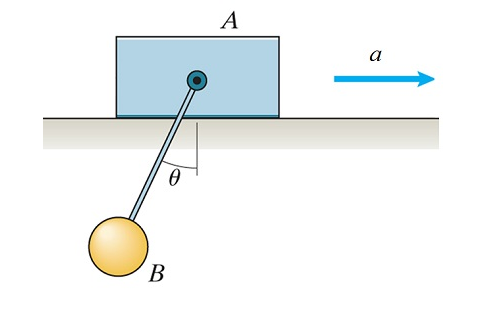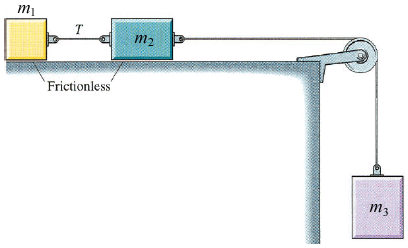
Finally, a change in the direction of the object’s velocity without changing speed, such as if a car is moving North and turns East still moving, then the car accelerated because the direction of the car’s velocity changed. A negative change means the object is moving slower, the car is going from 40mph to 30 mph. For a positive change in acceleration means that the object is moving faster, a car going from 30 mph to 40 mph. When something accelerates it changes how fast it is going or the direction in which it is moving. “The rollercoaster was moving at 65 mph when Billy got sick” is a measure of speed.Īcceleration: How fast the velocity is changing.

“The car was going 65 mph south on I-95” is a measure of velocity. Not to be confused with speed, which is only how fast something is moving. Velocity: A measure of how fast something is going in some specific direction. For example, gravity is a force that represents the pull the Earth has on all objects. It is formally defined as mass times acceleration. If the interaction stops, then there is no force. However, your mass will still be the same.įorce: The push or pull an object feels because of interactions with other objects. This means that your weight on the moon will be 1/6 of that on Earth (gravity on the moon is 0.166 times of that on Earth). Weight: Mass (amount of stuff) times how hard the planet is pulling on it (gravity).

Mass only says how much actual stuff there is, not how big an object is or how hard something is pulling on it. Not to be confused with weight or volume.

Mass: A measure of the amount of stuff (or matter) an object has.
Falling blocks on a string physics how to#
Students will use both their eyes and their ears to figure out how mass affects the speed at which something falls.įor more information and ideas on how to implement the activity in your classroom check out the video. This experiment will help students explore those factors, such as gravity and air. There are other factors besides weight that affect the speed of an object as it falls. And why wouldn’t you? After all, rocks fall faster than feathers. If someone drops two objects from the same height, one heavy, one light, which one will hit the ground first? If you are like most people, you may instinctively pick the heavier object.


 0 kommentar(er)
0 kommentar(er)
